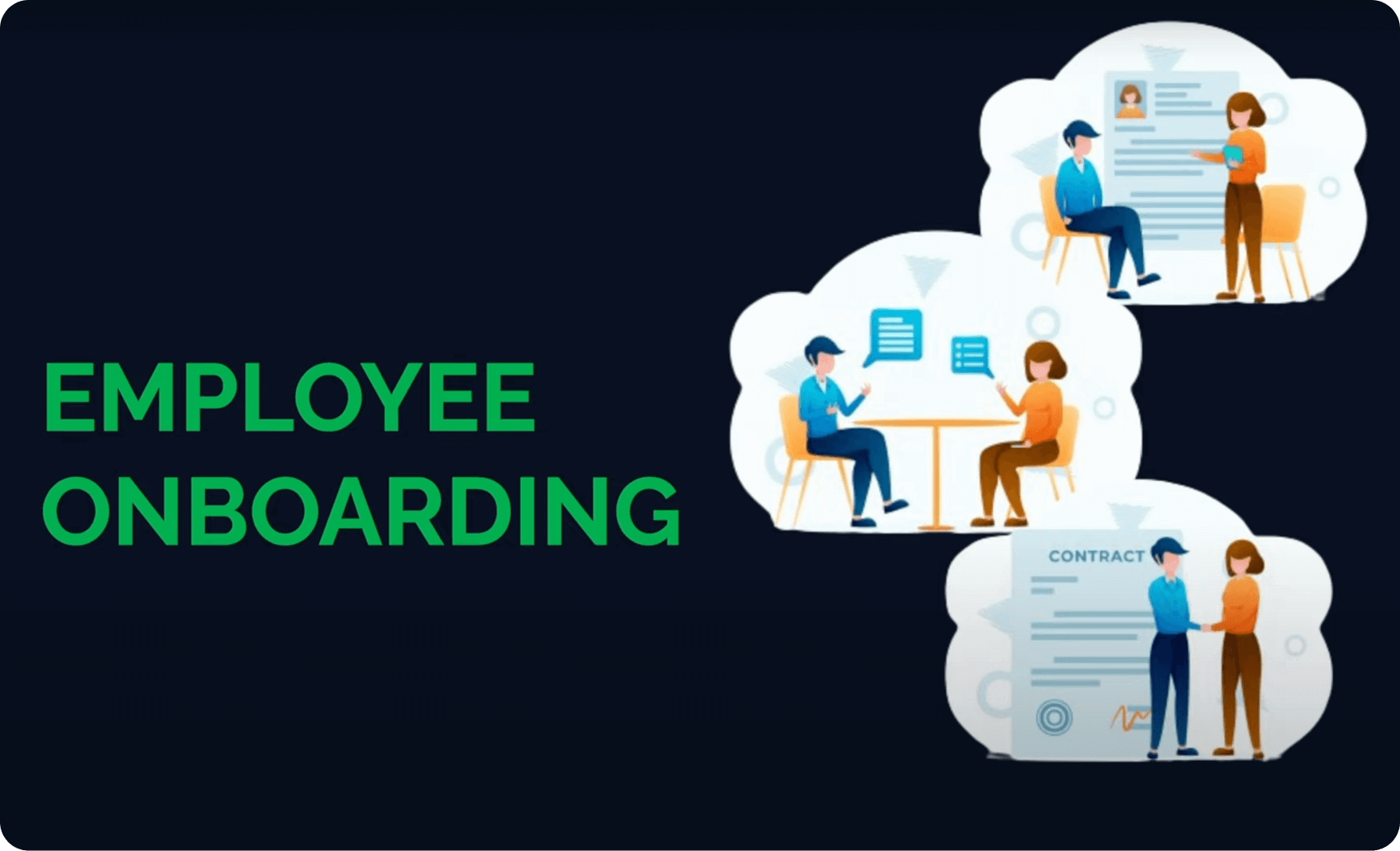How Zoho RPA streamlines IT operations
All Processes
Cloud resource utilization reporting
Track usage
RPA connects to AWS or Azure to collect data on cloud resource usage like EC2, VMs, storage, and databases.
Analyze utilization
The tool analyzes usage patterns, identifies underutilized resources, and detects cost inefficiencies.
Generate reports
It creates monthly reports in Excel detailing resource usage, savings opportunities, and optimization recommendations.
Email delivery
The report is automatically sent to the IT team with insights into usage and cost-saving recommendations.
Cloud resource cleanup (AWS, Azure)
Identify unused resources
RPA connects to platforms like AWS or Azure to detect unused resources like idle EC2 instances or VMs.
Terminate unused resources
It automatically terminates identified resources to cut costs.
Generate reports
Produces detailed Excel reports on terminated resources and cost savings for transparency and compliance.
User onboarding
Monitor HR system updates
RPA monitors Workday and Zoho People for new hire entries, status changes, or accepted offers to trigger onboarding.
Create accounts
Automatically creates user accounts in systems like Active Directory or Office 365 based on HR updates.
Send notifications
Sends automated onboarding emails with instructions and hardware retrieval details once the account is created.
User offboarding
Monitor HR system updates
RPA monitors Workday or Zoho People for status changes like termination or resignation to trigger offboarding.
Disable accounts
Automatically disables user accounts in Active Directory or Office 365 based on HR updates.
Send notifications
Sends offboarding notifications for hardware retrieval and access revocation to relevant teams.
Daily audit log report automation
Log extraction
RPA extracts audit logs from monitoring tools like Zoho Analytics for the previous day.
Log filtering
Filters based on timeframe (e.g., last 24 hours), event types (e.g., login attempts, system errors), user activity, and severity levels.
Report generation
Generates a structured report in Excel format from the filtered logs.
Email delivery
Sends the generated report via email to the IT admin every morning.
License monitoring
Extract license details
RPA logs in to vendor portals to collect license details—including renewal dates—and compiles the information for tracking.
Monitor renewal dates
It tracks upcoming license renewal dates based on predefined schedules, such as 15 or 30 days before expiration.
Send alerts or initiate renewal
It sends alerts to relevant teams or initiates the renewal process before licenses expire.
Asset management process
Trigger initiation
RPA is triggered when new asset data is added or on a scheduled review.
Extract asset data
RPA extracts asset details like serial numbers, purchase dates, and status from sources like Excel or ServiceNow.
Update asset records
It updates the asset management system with the latest inventory and usage information.
Generate asset reports
RPA generates real-time reports on asset status, lifecycle, and usage.
Disaster recovery testing
Trigger initiation
RPA automatically triggers disaster recovery testing based on a scheduled time or specific event, such as a system update or recovery simulation.
Execute recovery testing
RPA interacts with disaster recovery tools to perform recovery actions across multiple systems.
Validate recovery processes
It validates recovery by checking logs and confirming the functionality of applications and systems post-recovery.
Generate and send reports
RPA generates detailed recovery reports, including success, failure, and recovery times, and automatically sends them to the IT team.
Why choose Zoho RPA for IT automation?

Why choose Zoho RPA for IT automation?
- Improves service uptime by automating routine maintenance tasks
- Enhances scalability and flexibility for handling peak IT workloads
- Reduces response time in security incident management with automated alerts
- Streamlines system monitoring and proactive issue detection
- Automates compliance reporting for IT audits, ensuring consistent adherence
- Improves disaster recovery and backup processes with automated task scheduling
- Integrates with 900+ cloud apps to streamline IT processes and workflows
- Facilitates seamless integration between legacy IT systems and modern platforms
- Customizes automation to align with specific IT processes and business needs
- Minimizes human error, improving accuracy and reliability across IT operations
Get a personalized demo of Zoho RPA
Our product experts will reach out to you for a one-on-one demo.
Frequently asked questions
Is Zoho RPA an IT automation platform?
Yes. Zoho RPA is a business automation platform. It is designed to automate tasks across all industries, including IT. It helps IT teams by automating processes such as system monitoring, data backups, server management, and software deployment, thereby improving efficiency and reducing errors.
What are the other IT tasks RPA can automate?
- Data migration: Automates the migration of data between IT systems or platforms during upgrades or transitions
- Incident root cause analysis: Collects and correlates system logs to identify causes of incidents
- Software version checks: Monitors software across systems to ensure compatibility and up-to-date installations
- Firewall rule audits: Automatically reviews firewall rules to ensure they align with security policies
How can RPA improve IT ticket management?
RPA automates key IT tasks, such as creation, assignment, and escalation, by mimicking human-like actions, like logging in, entering data, and updating records. This ensure faster processing, SLA compliance, and reduced errors while improving communication and resolution times.
What IT challenges can RPA resolve?
RPA addresses several key IT challenges, including:
- Handling large volumes of repetitive tasks
- Ensuring compliance and audit readiness through automated tracking
- Reducing human errors and increasing accuracy
- Improving incident response time and reducing resolution time
- Optimizing resource utilization and minimizing operational bottlenecks
Is Zoho RPA easy to integrate with existing IT systems?
Yes. RPA effortlessly integrates with both legacy and cloud-based applications. Whether it's ticketing platforms, monitoring tools, or other critical systems, RPA fits seamlessly into your existing IT infrastructure, enhancing operations without causing disruptions.
What ROI can I expect from implementing RPA in IT?
Implementing RPA for IT processes leads to a significant return on investment through cost savings, faster incident resolution, and reduced downtime. It also boosts the IT team's productivity, enabling them to focus on more strategic work.






